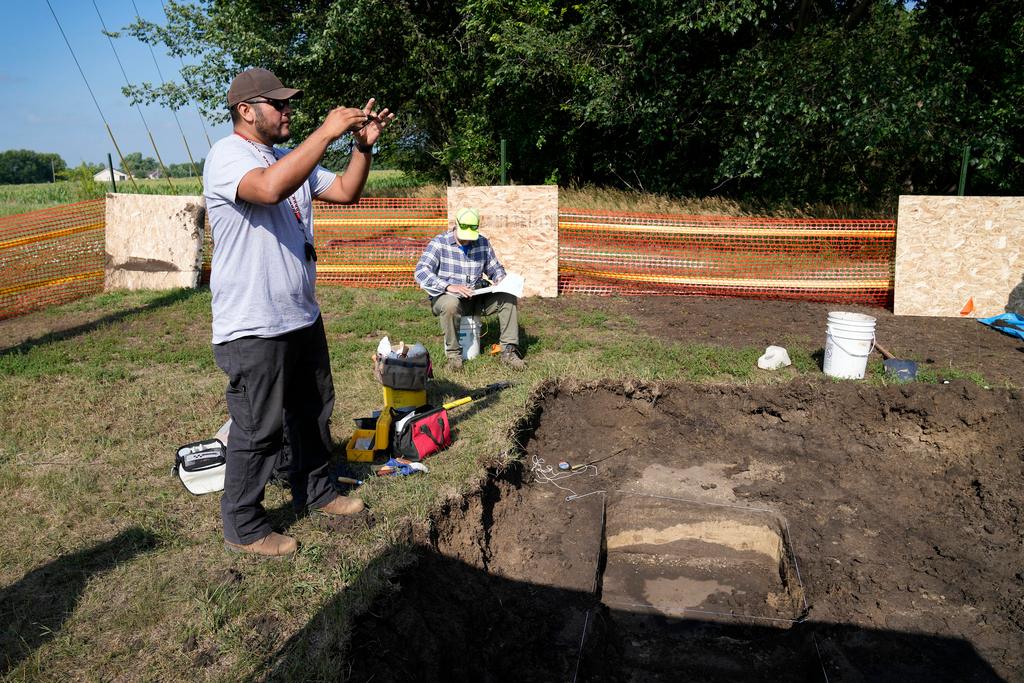
A plan to permanently cut property taxes has won support from some of the state’s top politicians in both parties. They are sprinting to pass a bipartisan plan by the time the legislative session ends at midnight on Wednesday night.
With strong support from Democrats and Republicans, the measure seems certain to pass. But this peace treaty in the property tax wars is still missing a couple of important players.
Two influential groups say the lawmakers’ plan is not good enough. Colorado Concern represents business interests, while Advance Colorado is a conservative political organization.
“A deal has not been reached at this time,” said Dave Davia, the CEO of Colorado Concern, in a written statement.
Colorado Concern and Advance Colorado have both proposed more sweeping and dramatic property tax changes. They have made moves to put those proposals on the election ballot this November, taking the issue directly to voters.
Some lawmakers fear that if those plans are approved, it could have significant effects on the state budget. That leaves them with a choice to make: Do they try to expand their $1 billion tax savings plan, winning over one or both of the groups? Or do they prepare for another property tax fight this November?
Rep. Chris deGruy Kennedy, a Democrat who is sponsoring the tax bill, isn’t holding out much hope for a negotiated compromise.
“I'm annoyed by rich people thinking that they get to make public policy that goes above and beyond what the elected representatives get to do. That's not how democracy works,” he said.
He said that the legislature could neutralize the outside groups’ threat by passing a strong measure that would appeal to the public.
“It's going to take all the wind out of their sails, so they can bluster all they want, but it's not going to turn into a successful ballot measure for them,” he said.
Other lawmakers involved in the deal are striking a more conciliatory tone. Sen. Barbara Kirkmeyer, a Republican, said that she knew Colorado Concern wasn’t fully on board with the deal.
“They never represented anything different to me,” she said. “I am thankful that they were willing to talk to me to let me know what their concerns were.”
One major difference of opinion between the lawmakers and the business group, according to Kirkmeyer: The tax cuts in the legislature don’t apply to education funding. K-12 schools are usually the top recipients of money from your property tax bill.
The lawmakers decided not to grant discounts on school taxes, saying that would undermine school funding. However, critics of the deal say that will limit the savings for home and business owners, and that the state could make up for school tax cuts by providing state money to schools to make up for the change.
"It can be done. And if there isn't a deal, our ballot measure will require this kind of fair approach," wrote Josh Penry, an adviser to both the business and conservative groups, in a text message.
Sen. Kirkmeyer said it’s unlikely that lawmakers will be able to change the deal much for the business and conservative groups.
“I don't think so. I think this is where we need to go,” she said. “We didn't want to cripple the budget. … We don't want to hurt education. But at the same time, we want to ensure that we are providing truly property tax relief to our taxpayers.”
Colorado Concern, which has a long history of influence in the building and relationships with lawmakers, stressed that it was willing to keep talking over these final days.
In a statement, Gov. Polis’ office didn’t directly say whether he would support major changes to the bill.
“Governor Polis is proud of the thoughtful bipartisan conversations that led to this bill and encourages all stakeholders, including this group, to support it,” wrote a spokeswoman, Shelby Wieman.
The property tax bill must pass by midnight on Wednesday. If Colorado Concern and Advance Colorado decide to continue the fight on the ballot, they’ll have a couple of options about how to proceed.
Advance Colorado already has collected enough signatures to place one of its measures, Initiative 50, on the ballot. That measure would place a strict statewide cap on property tax revenues, allowing them to grow only four percent per year. Colorado Concern has indicated it could support that measure.
The two groups have also collaborated on another measure, Initiative 108, which would make much greater cuts to property tax bills — with effects totaling about $3 billion per year — and it would force the state to replace those lost dollars from its own budget. Republican Rep. Lisa Frizell warned that could be disastrous for state finances. That measure isn’t approved for the ballot yet, so the groups would have to collect signatures to put it before voters.
House Speaker Julie McCluskie said a lot could change in the final days of the session.
“Two-and-a-half days in this building is a lifetime,” she said on Monday afternoon. “There is a lot that we can accomplish in that amount of time. And I know everybody is staying at the table and talking.”









